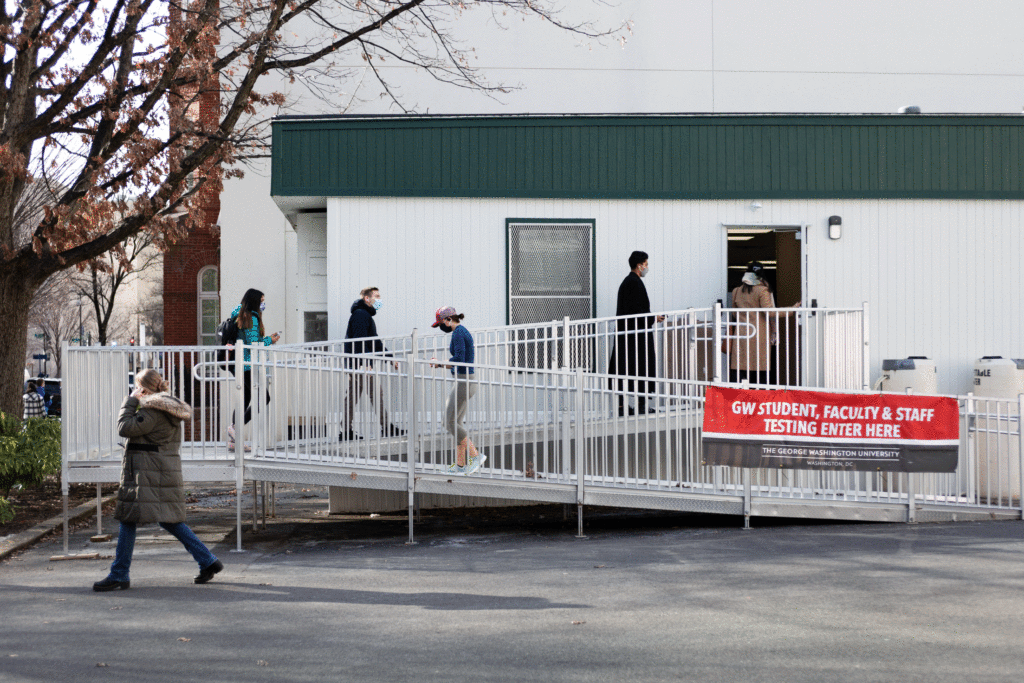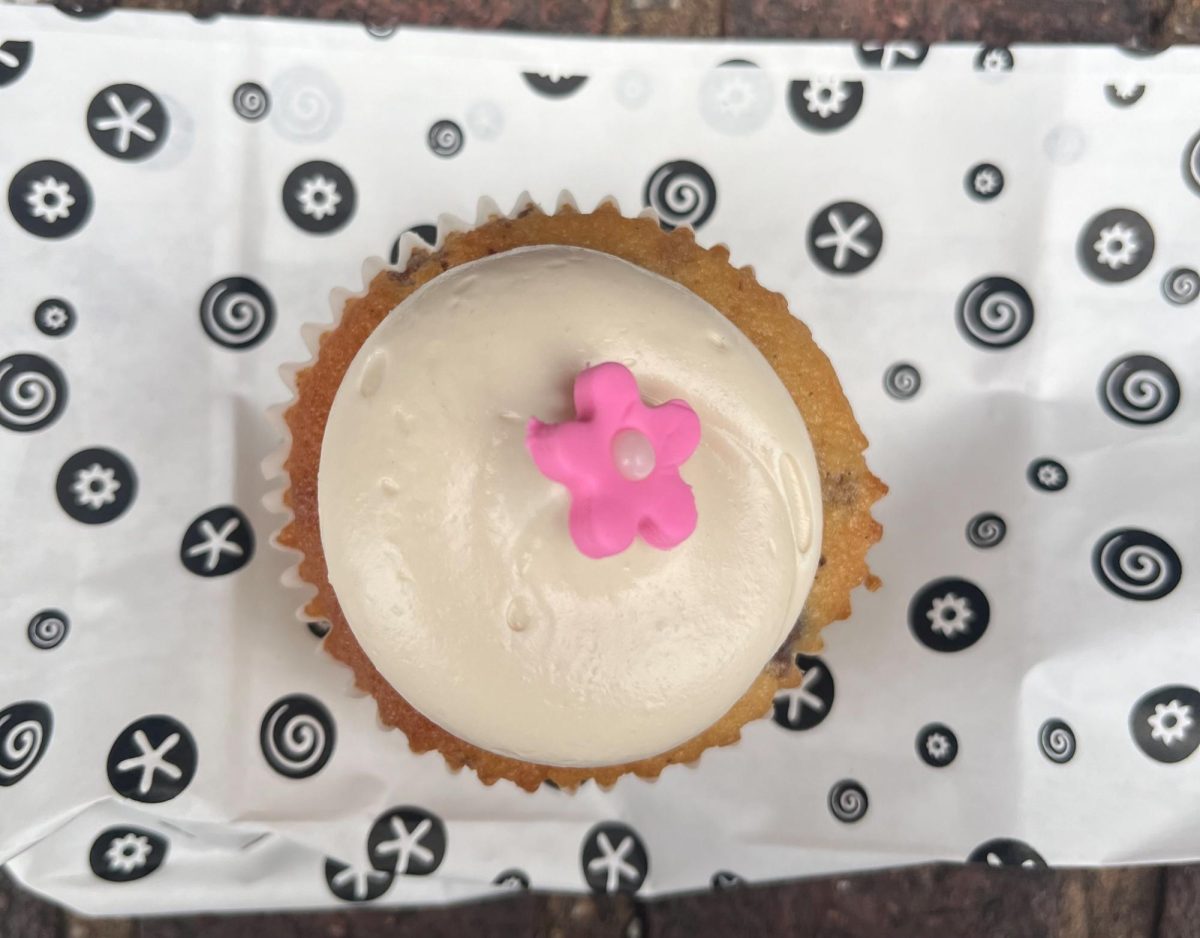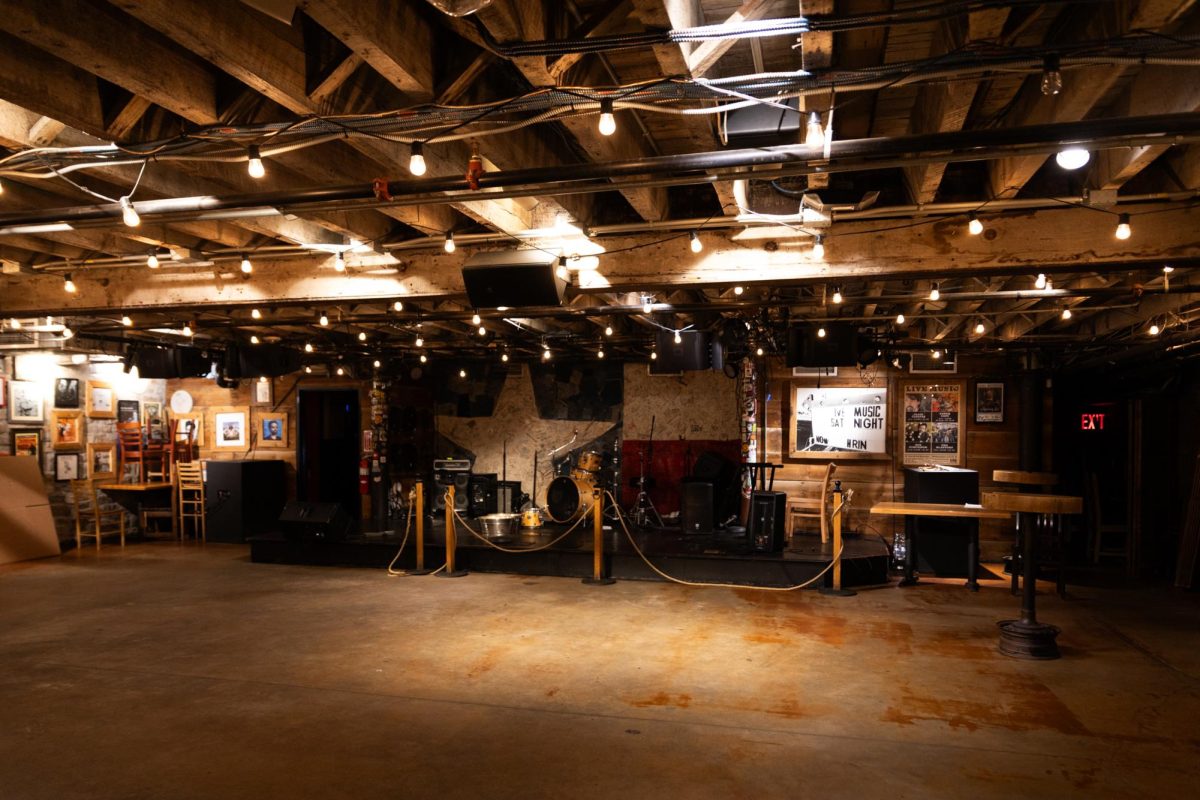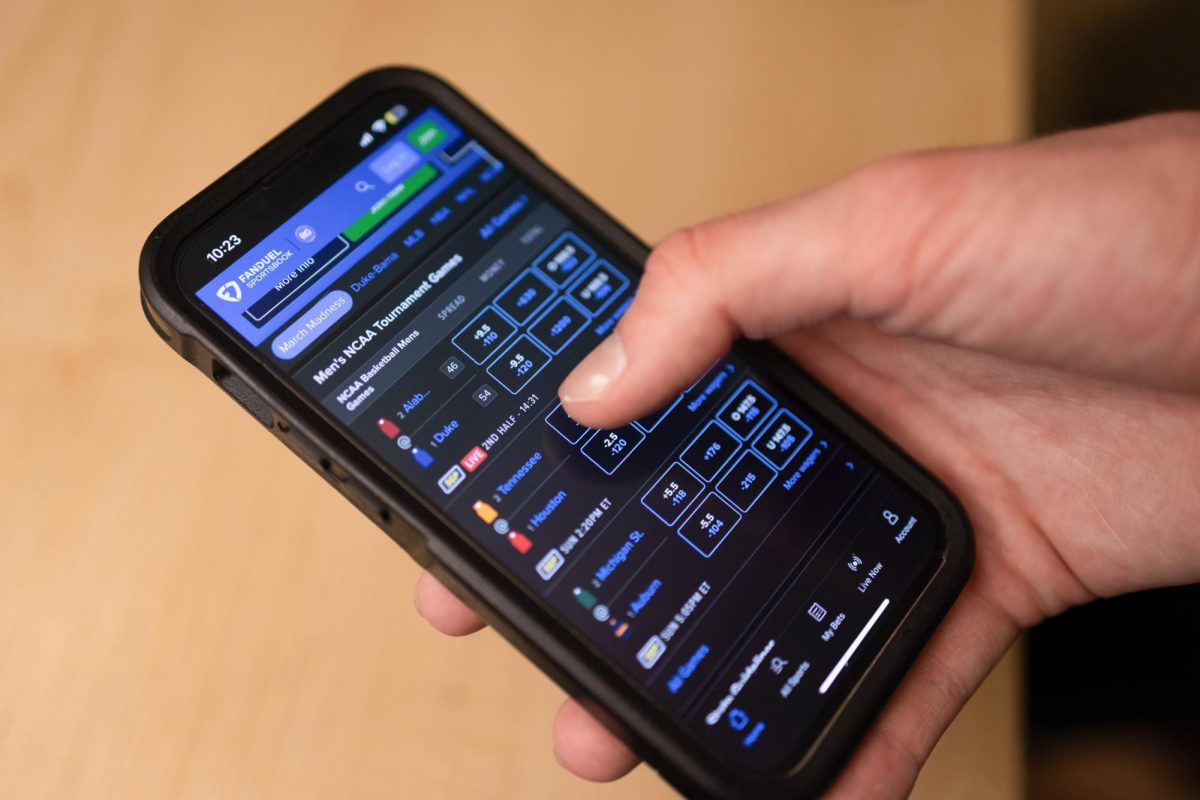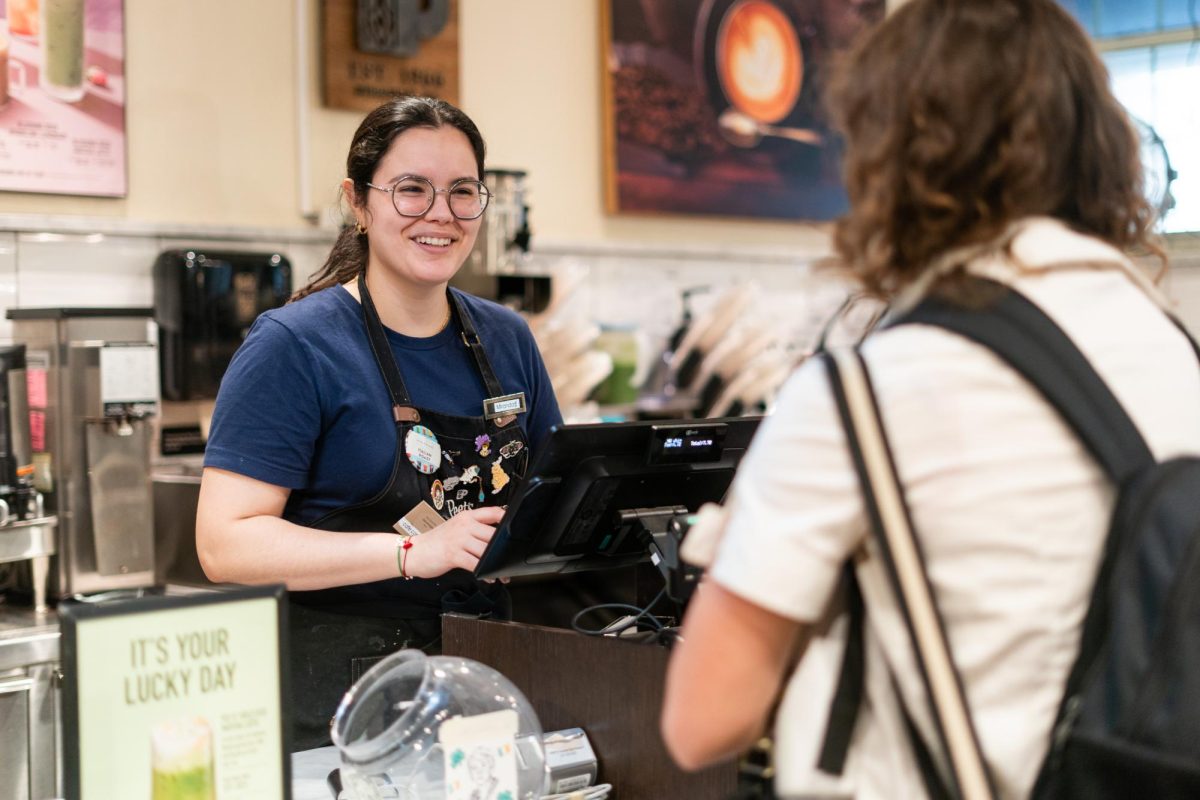There’s an overwhelming flurry of information on the internet about what to do if you test positive for COVID-19 – we’ve got you covered with everything you need to know if you end up contracting the virus.
GW has put out a specific set of guidelines on how to manage your diagnosis, but finding and keeping track of all of this information can be challenging. To help you out, I’ve compiled the University’s guidance on what to do once you’ve tested positive for COVID-19, along with some of my own advice having contracted the virus over winter break.
How will I know I’m positive and what should I do first?
GW’s public health lab will upload COVID-19 test results to the Colonial Health Center portal under “Lab Results” within 24 to 72 hours of when the sample was collected. If you test positive through the campus testing program, you will be contacted by phone shortly after receiving their results, according to the University’s coronavirus website.
Next, the Campus COVID Support Team will interview you to determine who you’ve been in close contact with and inform them of their isolation or quarantine status. In most cases, if you are a close contact and are fully vaccinated, the CCST will send you instructions and you can continue to attend class as usual. You will need to be tested three to five days after your exposure. If you’re not identified as a close contact, no action is required.
You should begin self-isolation at home as soon as you receive positive test results. The University is requiring community members who test positive to isolate for 10 days, regardless of whether they experience symptoms. During this time, your GWorld access will be limited to your residence hall.
Alert your professors or work supervisors that you are sick and won’t be able to attend class or work.
What if I tested positive on an at-home test?
To report a positive test outside of the University’s system, you should upload a timestamped photo of your rapid test or results to the CHC medical portal. Detailed instructions are provided on the Report External Positive COVID-19 Result page on the GW COVID-19 dashboard website.
How can I get food?
Plan to have food brought to your isolation location so that you don’t risk infecting others. The GW CARE Team will reach out to you to make arrangements for food delivery, according to the University’s guidance on testing positive. As a part of these arrangements, GW Dining is offering a quarantine meal delivery service. You should create an account with the University’s catering partner Chartwells and order their meals by 2 p.m. the day prior. Meals will be charged to your dining plans and will be delivered to designated areas that allow for social distancing.
If you don’t have a GW Dining plan, you should opt for food delivery services. If you’re looking for grocery delivery, check out the services offered by Whole Foods or Safeway. Or use up that extra GWorld money you have leftover on Grubhub.
When should I seek medical attention?
If you test positive, you should monitor your symptoms and watch out for the following “emergency warning signs”: trouble breathing, persistent pain or pressure on the chest, new confusion, inability to wake up or stay awake and pale, gray or blue skin, lips or nail beds depending on skin tone, according to the Centers for Disease Control and Prevention’s guidelines. You could also consider investing in a blood oximeter, which measures how much oxygen your blood is carrying. If your blood oxygen level drops below 95%, you should seek immediate medical attention, according to a University of Michigan Health article on at-home oximeter usage.
How should I best take care of myself?
I, unfortunately, tested positive for coronavirus over winter break, and despite my triple-vaccination status, my symptoms were moderate. I was extremely fatigued, had a scratchy throat and congestion and felt generally weak. Gatorade – lots of it – was my saving grace, along with tea, cough drops and long nights of sleep.
I was lucky enough to have my mom around to drop off remedies at my bedroom door, but if you’re isolating on campus, I would recommend ordering from food delivery services like Gopuff or asking a trusted friend to drop off meals or ingredients at your door. The University similarly suggests drinking plenty of fluids, taking acetaminophen, resting and staying well-nourished. Contact the CHC at 202-994-5300 if you think you might need an inhaler or anti-nausea medication.
Be careful to not overexert yourself and make sure to keep eating and drinking regularly, even if your appetite is tampered, to keep your strength up.
What do I do while I quarantine?
Ten days is a long time to spend alone. Naps, Don’t Look Up on Netflix and meditating got me through my isolation. I even decided to pick up an old childhood hobby of making friendship bracelets with embroidery floss I found in my bedroom to curb my boredom. I had trouble focusing on reading because of my grogginess, so finding a simple, creative activity was key for me.
If you’re asymptomatic or your symptoms are mild, you could use the time to learn a new skill or sharpen existing interests. Once I was feeling better toward the end of my isolation period, I took a social media copywriting class through online course provider LinkedIn Learning, which students get a free subscription to through the University.
Consider trying some gentle yoga in your isolation area to keep your body moving and to care for your mind. YouTube is a great resource for free, quality yoga classes, like this “Yoga For When You Are Sick” video by Yoga with Adrienne or this “Yoga For Cold and Cough Relief” from Caren Baginski.


